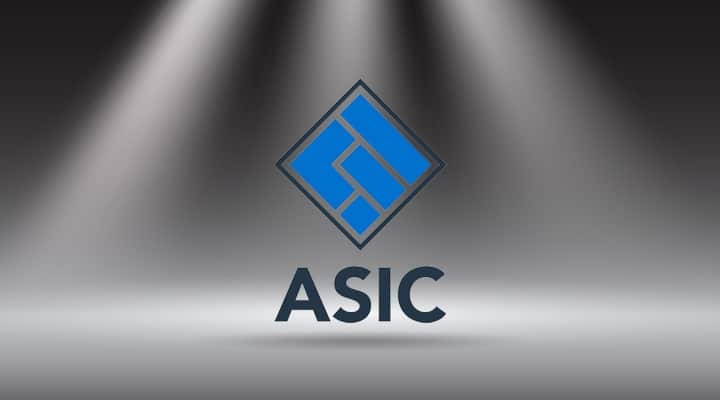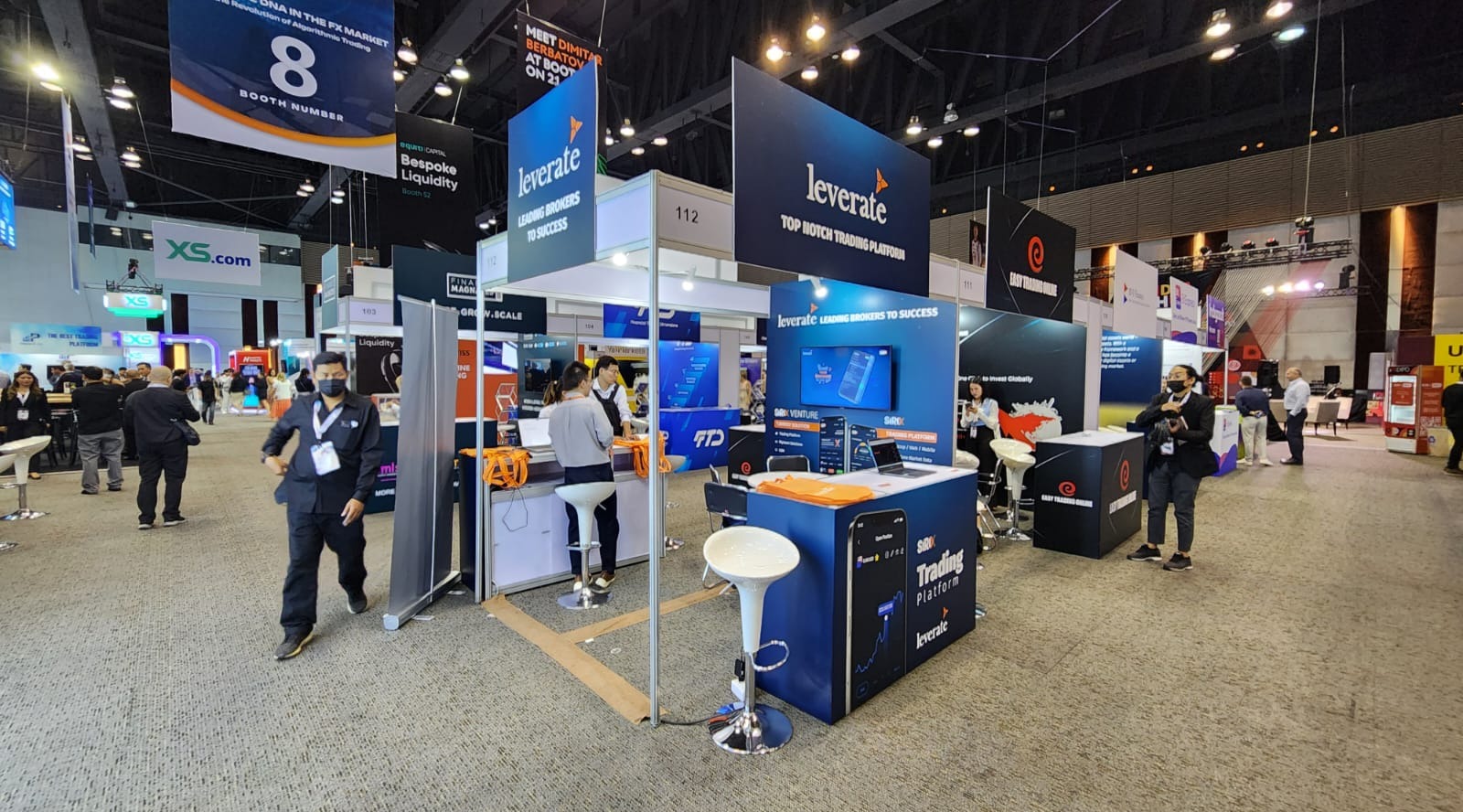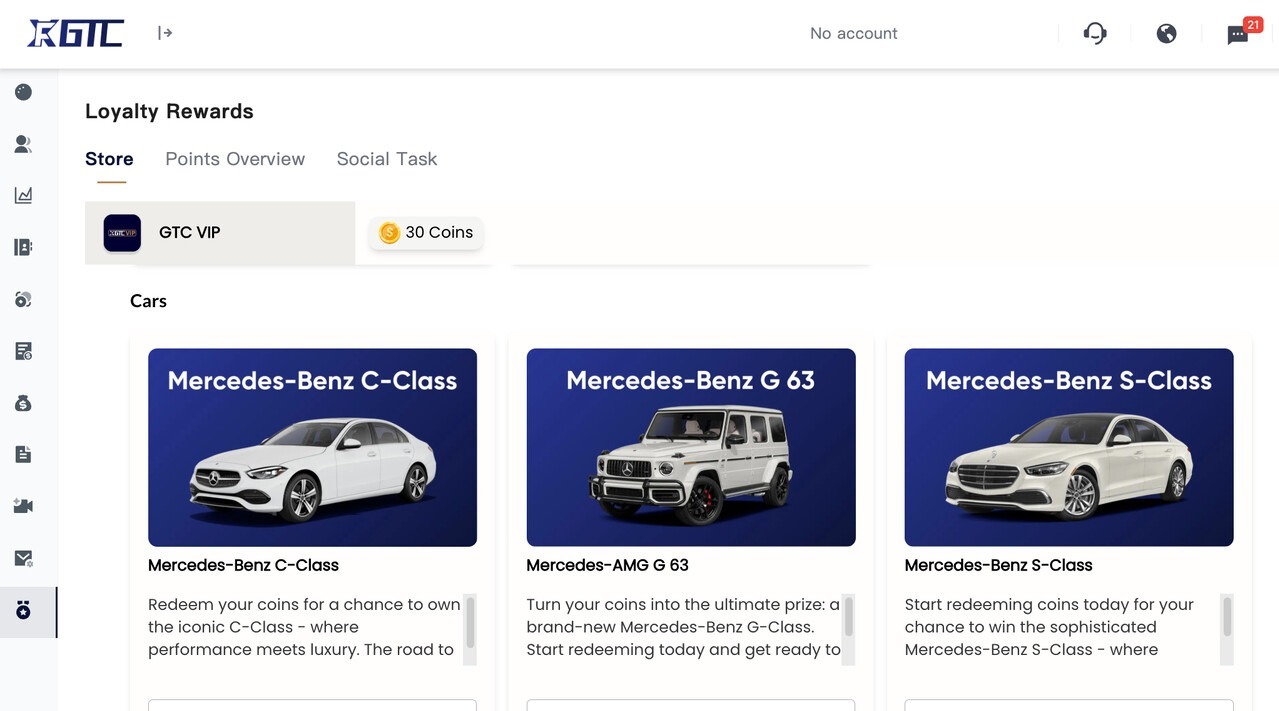The Australian Securities and Investments Commission (ASIC ), a market regulatory watchdog, has updated its naming guidance on exchange-traded products (ETPs) after a round of public consultations which took place at the beginning of 2022.
According to the newly published directive, the licensed Australian exchanges must follow a new way of lablelling exchange-traded products, dividing their names into separate levels: primary and secondary. The primary labels should be based on product type (ETF or Structured Product) and secondary labels on their specific strategies and risks (Active or Complex).
ASIC notes that ETPs are subject to rules different than regularly listed stocks. The regulator decided to implement naming frameworks for the first time in 2008. The latest update aims to clarify common terminology to help retail investors better identify the characteristics of an instrument and the level of risk involved.
"Naming conventions for ETPs are one of the ways that ASIC and licensed exchanges help to ensure that admission and monitoring standards for ETPs continue to support fair, orderly and transparent markets, particularly in the context of ETPs that have unique or novel features," Danielle Press, the Commissioner at ASIC, said.
The regulator has decided to change the definitions of 'Active' and 'Complex' products and specify the order in which different labels are applied. The correct name for an exchange-traded instrument is now XYZ Active ETF (or XYZ Complex ETF).
"The overall reduction in the number of defined labels in our guidance is intended to encourage licensed exchanges and ETP issuers to focus more attention on whether the full name of the product is true to label," the press added.
ASIC Warns Stock Investors
The Aussie market watchdog is actively working to widen the security of retail traders on the local stock market. In the first half of November, ASIC issued a warning regarding the increased number of fake initial public offerings (IPO).
Scammers are impersonating licensed Australian firms and promoting fake IPOs. The financial regulator reminds the public that investing at the Pre-IPO stage involves heightened risks for retail investors. What is more, some of the offers might be illegal and fraudulent.
Furthermore, AISC criticized the Australian Securities Exchange (ASX) decision from last week, to cancel the replacement plans of the current Clearing House Electronic Subregister System (CHESS) with a blockchain-based solution. The tool has been developed since 2017, costs more than $170 million and, according to the previous plan, was to replace the current, outdated system.


















